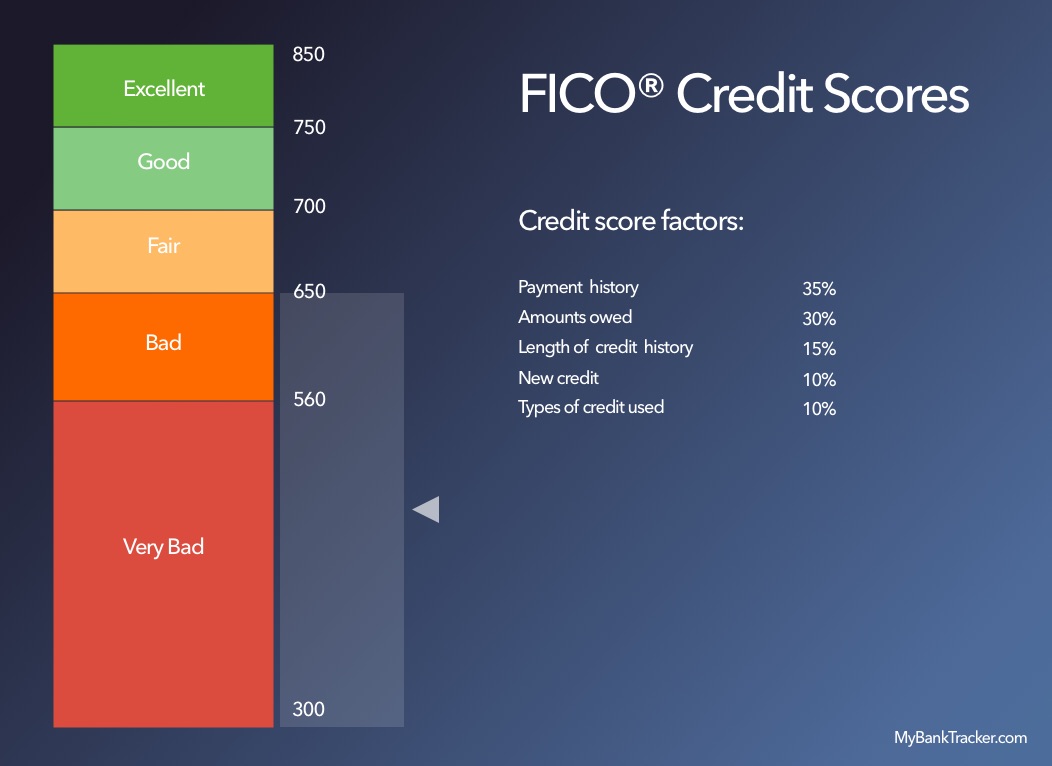Why High Credit Scores Crucial For the College Graduates?
- High credit scores are crucial for college graduates to secure housing, finance purchases, and obtain better rates in the real world.
- Building a strong credit history early, even during college, is essential.
- Maintaining a high credit score requires consistent on-time payments, keeping credit utilization below 35%, and managing multiple lines of credit responsibly.
Having good credit becomes essential when you set foot in the real world.
Want to finance a large purchase on your credit card? If you have a higher credit score, get a better rate. Looking for a place to live? You will need good credit even if you just want to lease an apartment with some friends, let alone purchase a home.
While you may not want to worry about this in college, establishing multiple lines of credit and using your credit card(s) responsibly will build up your credit score for when you really need it.
Building Your Credit Score
Unless your parents have taken out debt in your name or someone has stolen your identity, you will enter college with a clean slate.
You can get a regular, low-limit credit card and start demonstrating your creditworthiness even as you learn more about what credit really means.
The six key factors that go into your credit score are:
- How you pay your bills
- The amount of money you owe
- How much available credit you have
- How long you’ve been borrowing for
- The different types of credit you have
- The number of new credit applications you have filled out

Credit does not only apply to the shiny plastic you use to buy airfare, concert tickets, and shoes.
Simply put, your credit score is an evaluation of how likely you are to default on a loan, with a higher score indicating it very unlikely.
You can only build credit by borrowing money and returning it, which is exactly the function of a credit card.
Conversely, debit and prepaid card purchases draw directly from your funds with no borrowing involved. Therefore, they do not impact your credit score.
Banks tend to lend to people who have experience with various types of debt, pay punctually, borrow responsibly, and aren’t close to financial ruin (some applications for credit are for those in big financial trouble).
That said, here are some rules for you to follow:
Keeping Your Credit Score High
You need to borrow money to be allowed to borrow more money
The first trick to building good credit.
When applying for lines of credit, servicers need to see how you have dealt with borrowing money from corporations in the past.
Longevity also matters so you should have your own credit card in college.
The same idea can be applied as to why you should manage multiple lines of credit.
The more credit cards and other borrowing tools you manage, the more responsible you appear.
Try to utilize at least three separate lines of credit in college, so that when it comes to getting a mortgage someday, you have a lot to fall back on. (If you took out student loans, you have already accessed one.)
Don’t go overboard
It can be tempting, especially as a broke college student, to borrow now and pay later (like after you graduate).
However, this money is not free, and credit scoring agencies notice the ratio between money borrowed and credit available.
They don’t take kindly to people who hover close to their credit limit.
Your credit utilization, which compares your card balances to the limits on those cards, should be kept below 35% because it means you have little debt and lots of available credit. (For example, $3,000 of debt across several cards with a combined $10,000 credit line means you have a credit utilization of a healthy 30%.)
Pay on time
You need to spend within your means and pay your full balance on time, which is the best way to build your credit and keep it high.
Furthermore, you’ll avoid paying a penny in interest or late fees.
You can carry a balance, responsibly
Financing large purchases like textbooks and airfare with your credit card must be done with caution.
If you cannot pay down your balance in full, pay at least the minimum on time to help salvage your credit score.
Don’t let it spiral out of control, though; too many late payments detract from the score.
Key Takeaways:
- Just like your education, building credit is important for your future. Start early.
- Staying well under your limit and paying on time go hand in hand.
- Carrying a balance won’t hurt your score so long as you do it responsibly.
- Responsibly keeping multiple credit cards will raise your credit score.
